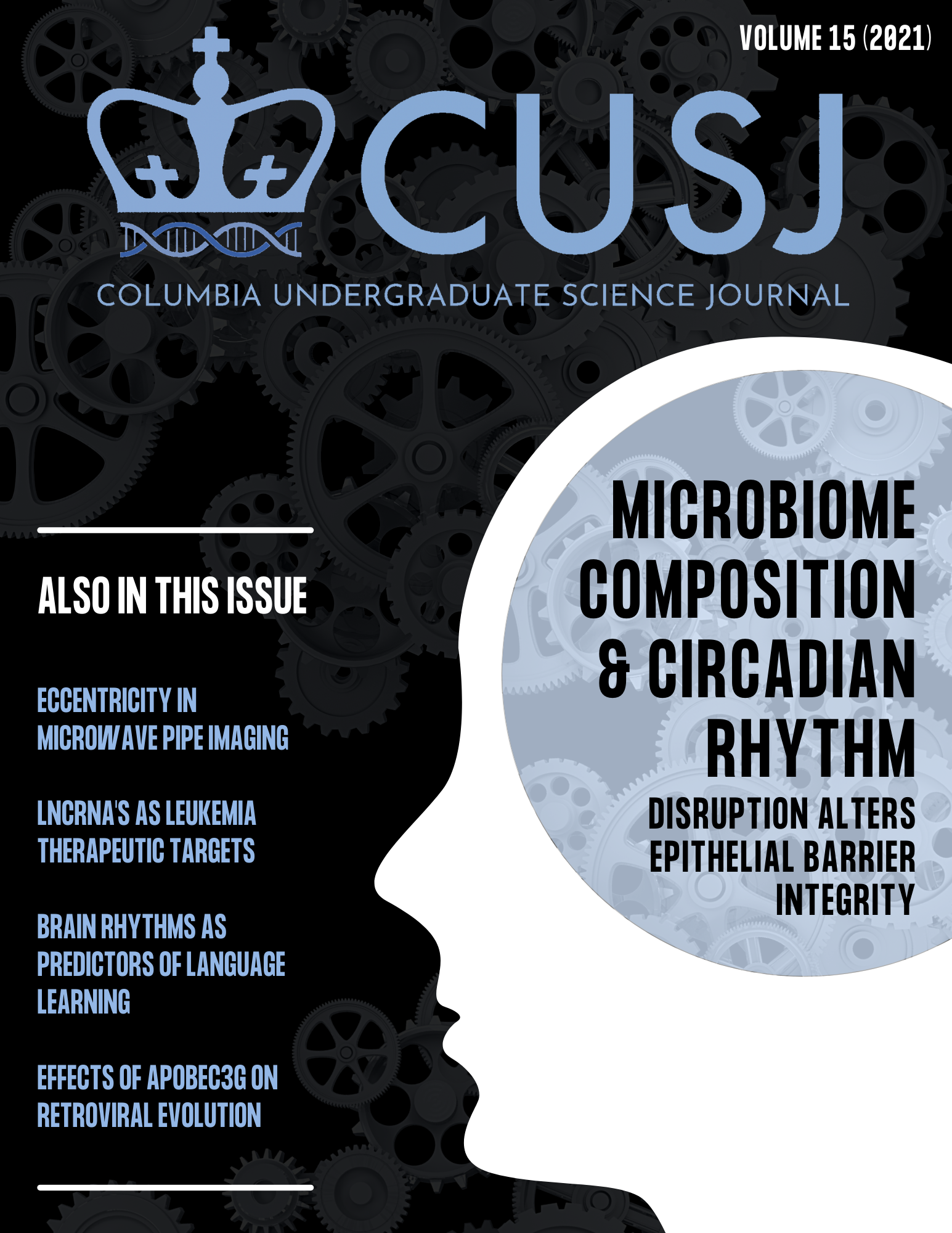Abstract
The intestine is home to one of the most complex ecological communities, termed the human gut microbiome. The gut microbiome modulates a wide range of human diseases from diabetes to neurological disorders to cancer. Separating the host and the gut microbiome is the epithelial barrier. The intestinal epithelium serves as an adaptive interaction hub between the host and microbiome that plays an important role in deciding the outcome of host-microbiome interactions. Regulation of epithelial barrier permeability to ions, nutrients and microbiome metabolites is known to be a tightly controlled process on the host side. However, whether the microbiome community also affects epithelial permeability remains unclear. Here, we show that alterations in microbiota composition by treatment with antibiotics selectively targeting specific members of the microbiome community impacts the permeability of the intestine. Additionally, modulating the microbiome through other methods such as altering diet composition shows changes in permeability of the epithelial barrier. As daily feeding rhythm entrains diurnal fluctuations in microbiome, we have set out to measure epithelial barrier permeability throw out the clock. We have discovered that the permeability of the intestinal epithelial barrier exhibits circadian rhythms in mice. Disruption of these rhythms, through jet-lag or genetic deficiencies in circadian machinery, consequently alters epithelial barrier integrity. Together, these findings provide evidence that disruptions in circadian rhythms as well as alterations in microbiome composition have direct consequences in intestinal permeability, and that microbiome might serve as a tool in regulating epithelium permeability.

This work is licensed under a Creative Commons Attribution 4.0 International License.
Copyright (c) 2021 Elisha Pinker, Timur Tuganbaev

